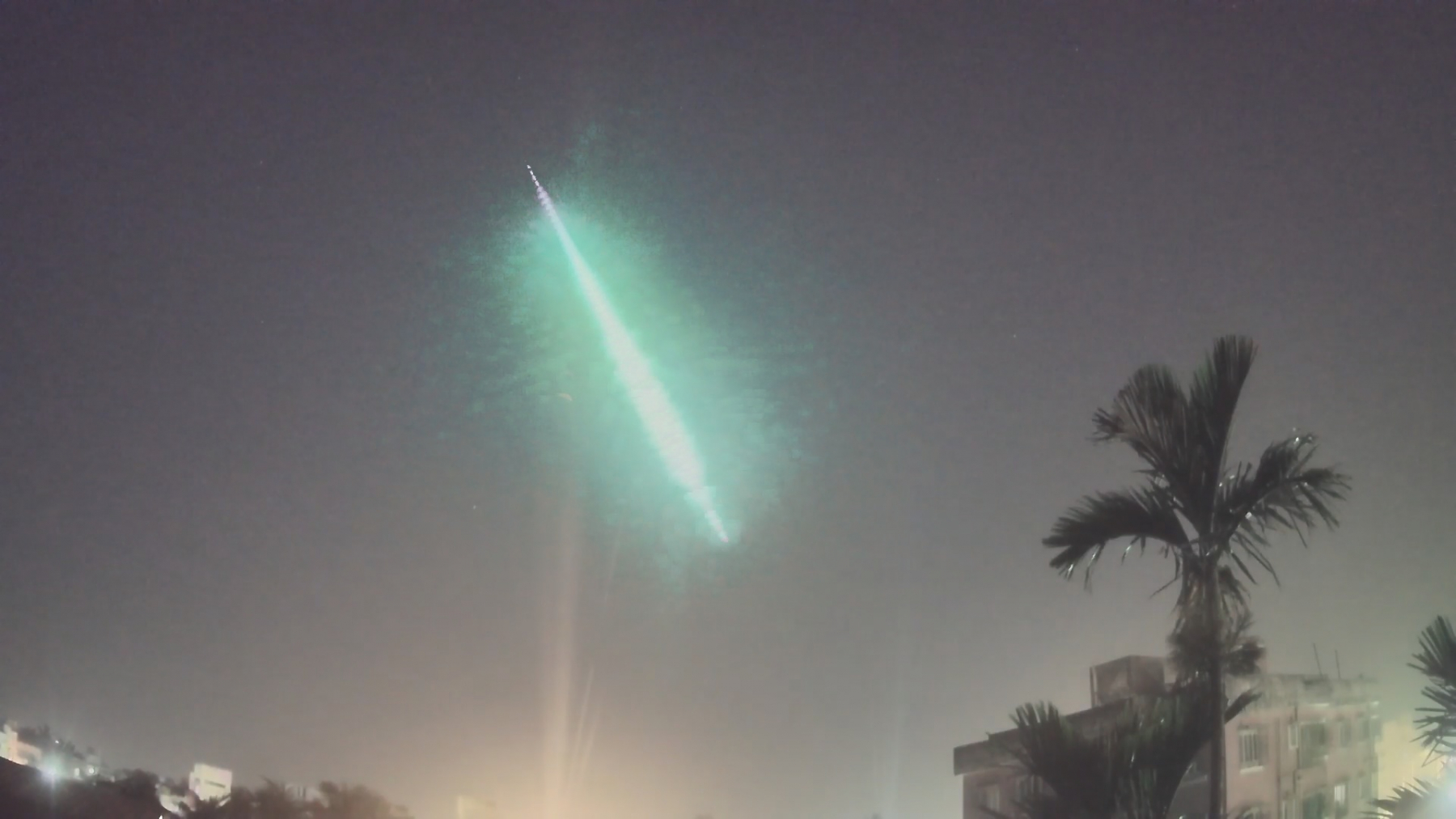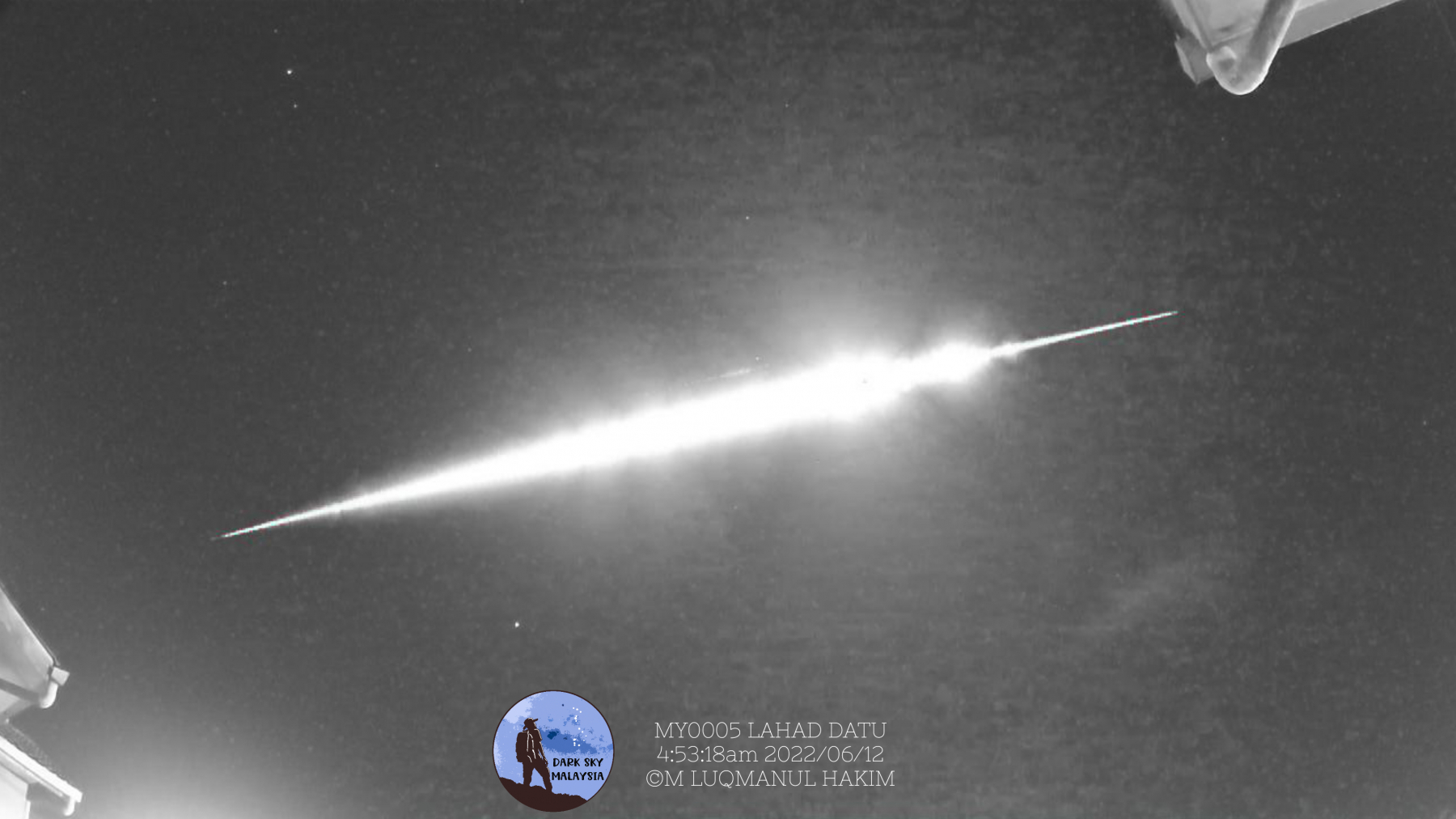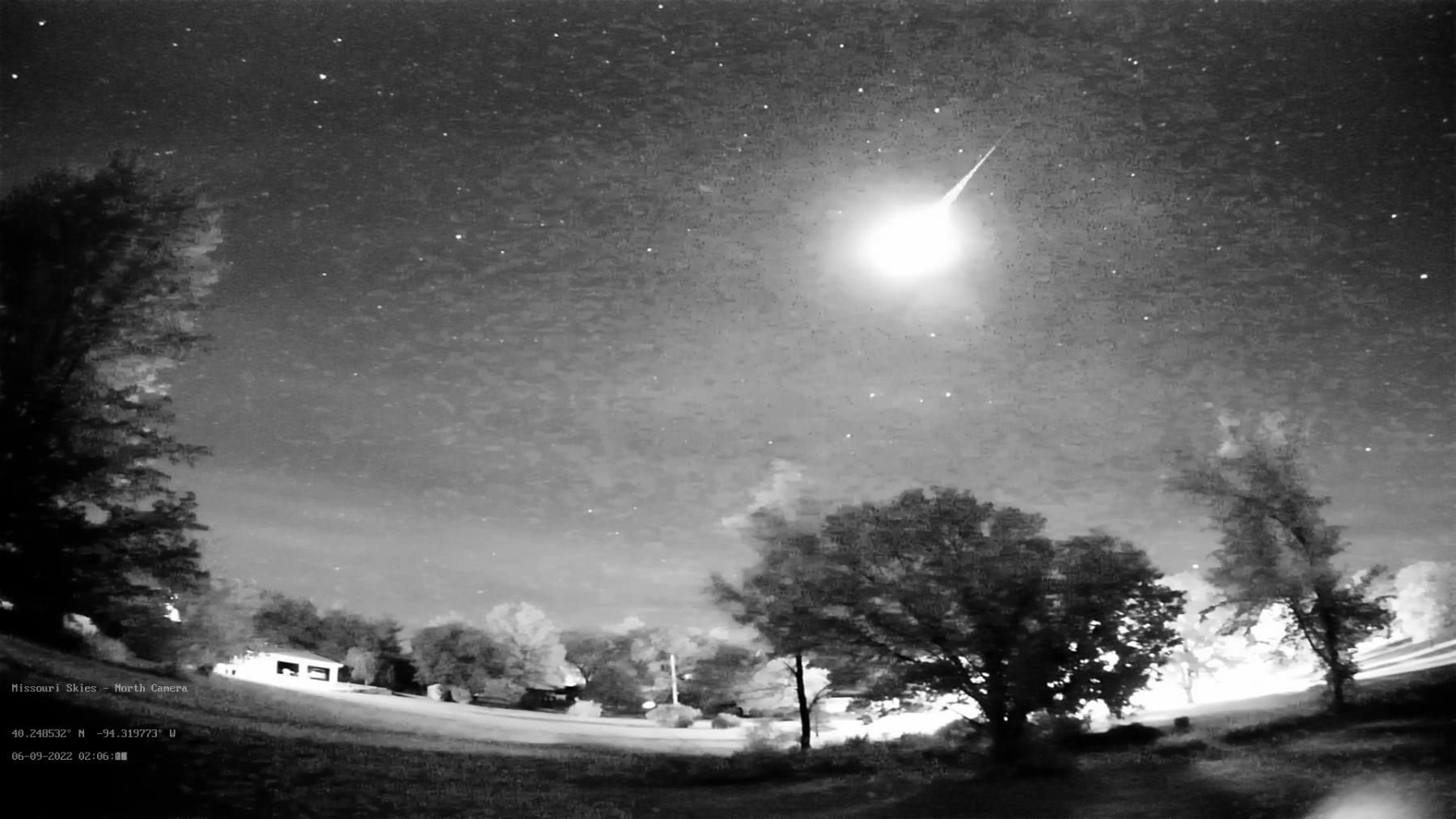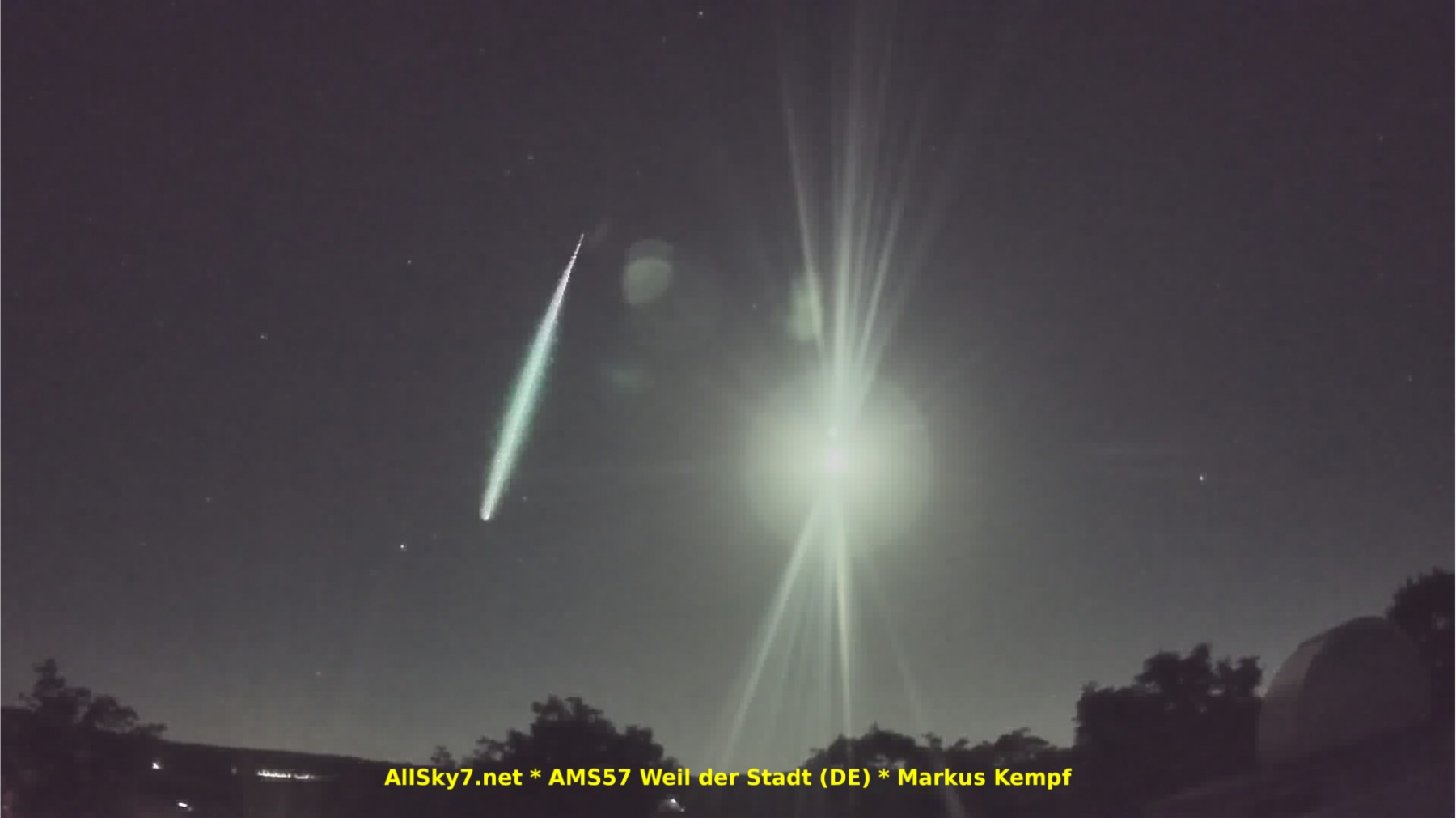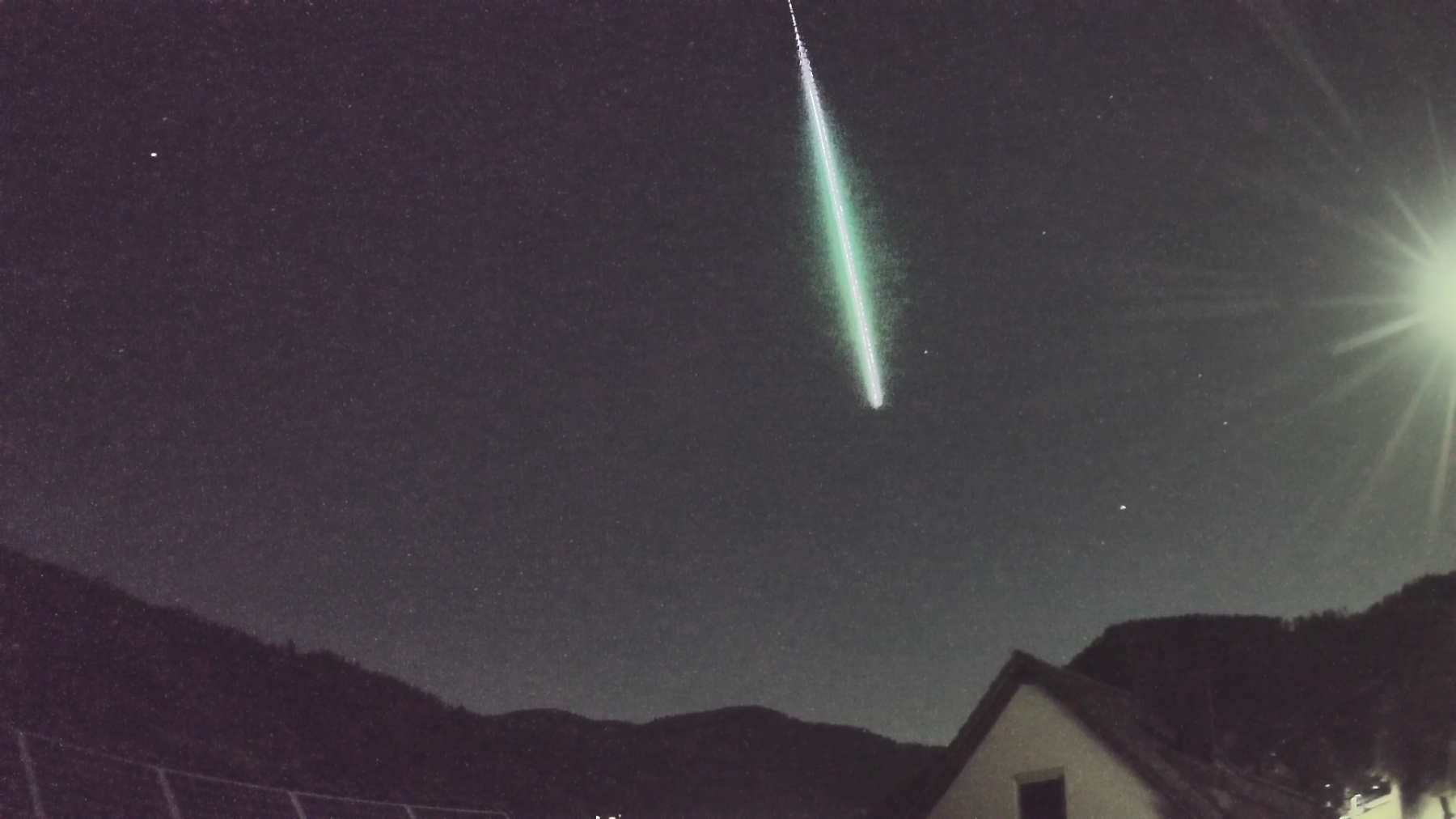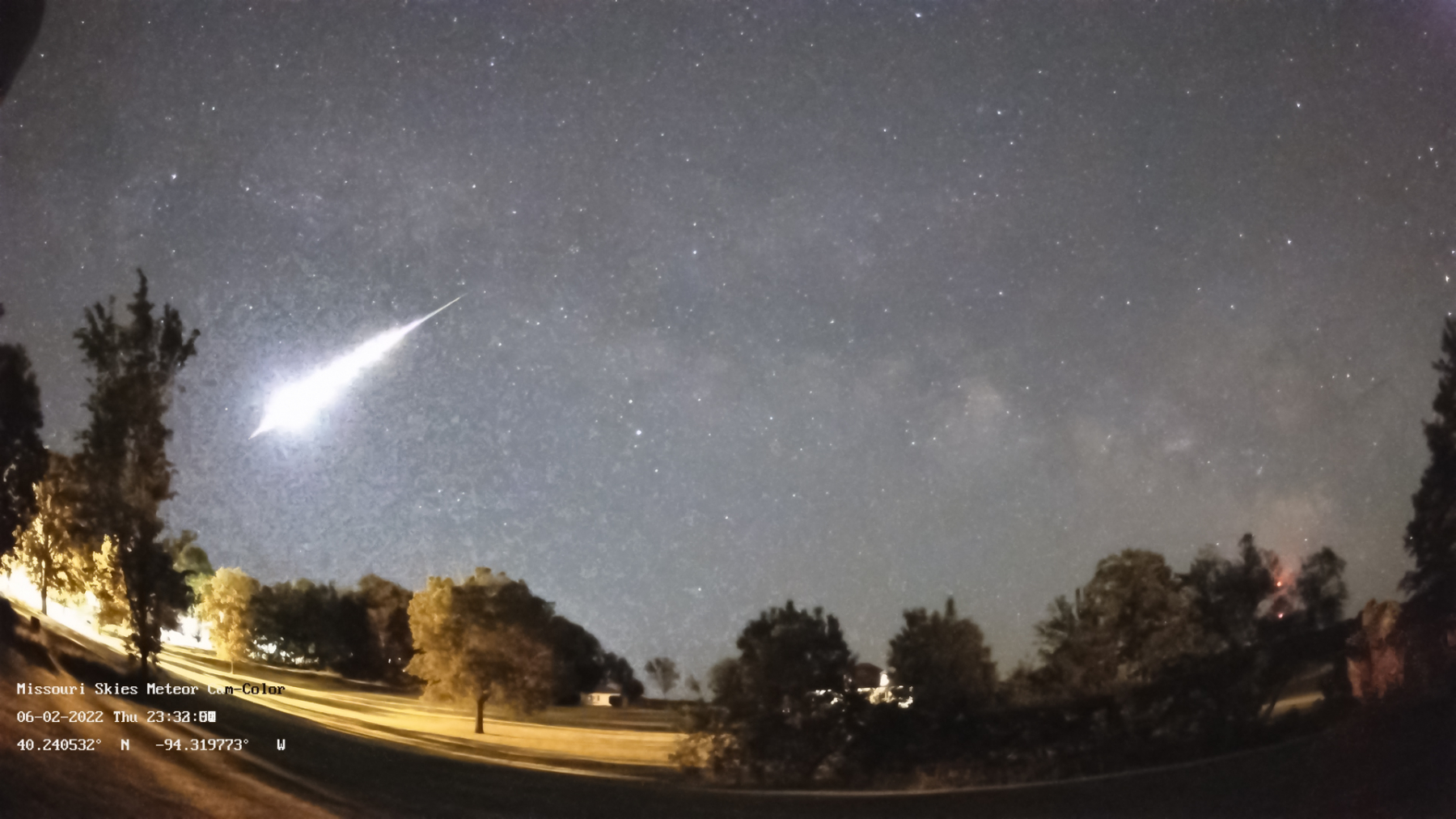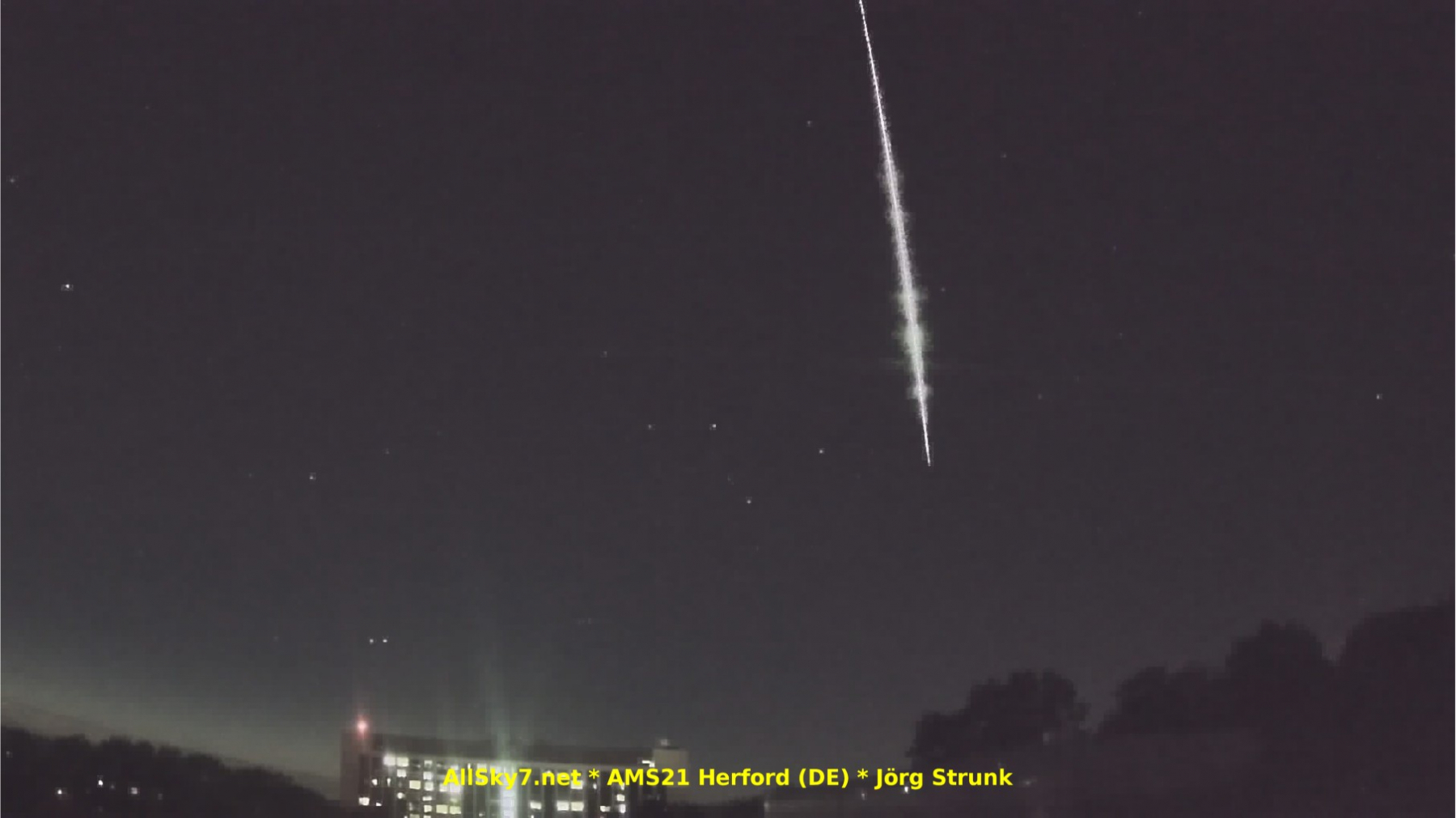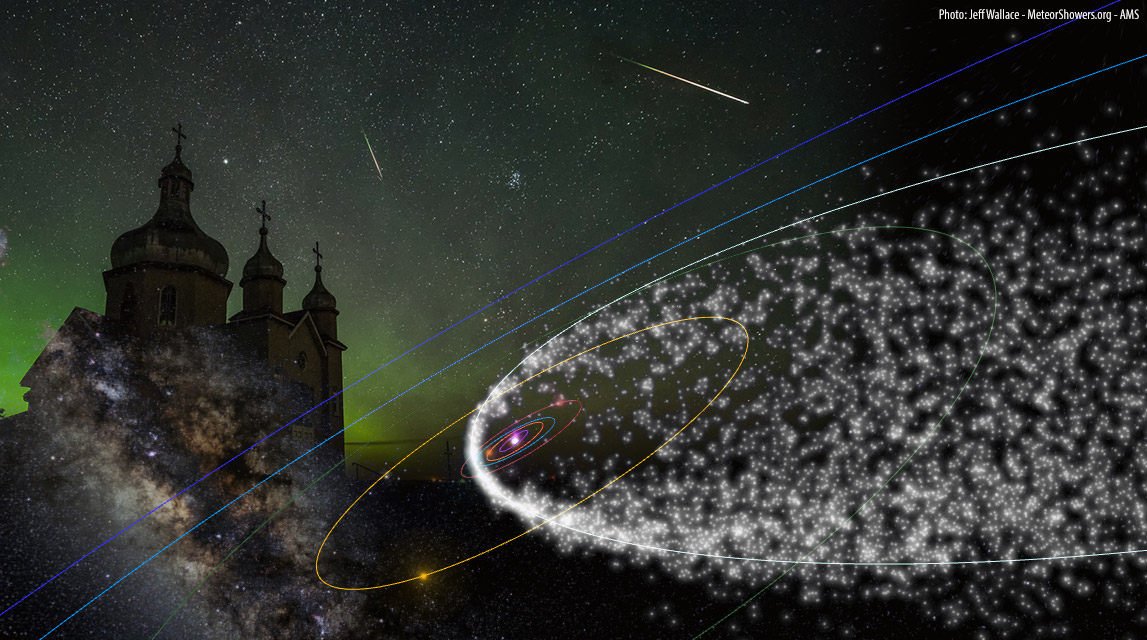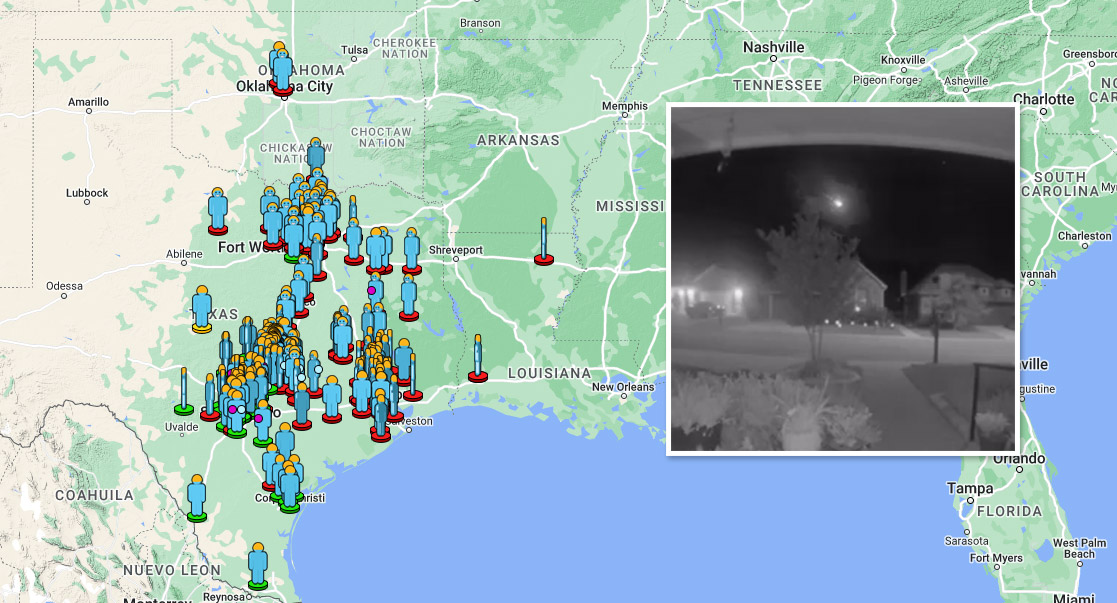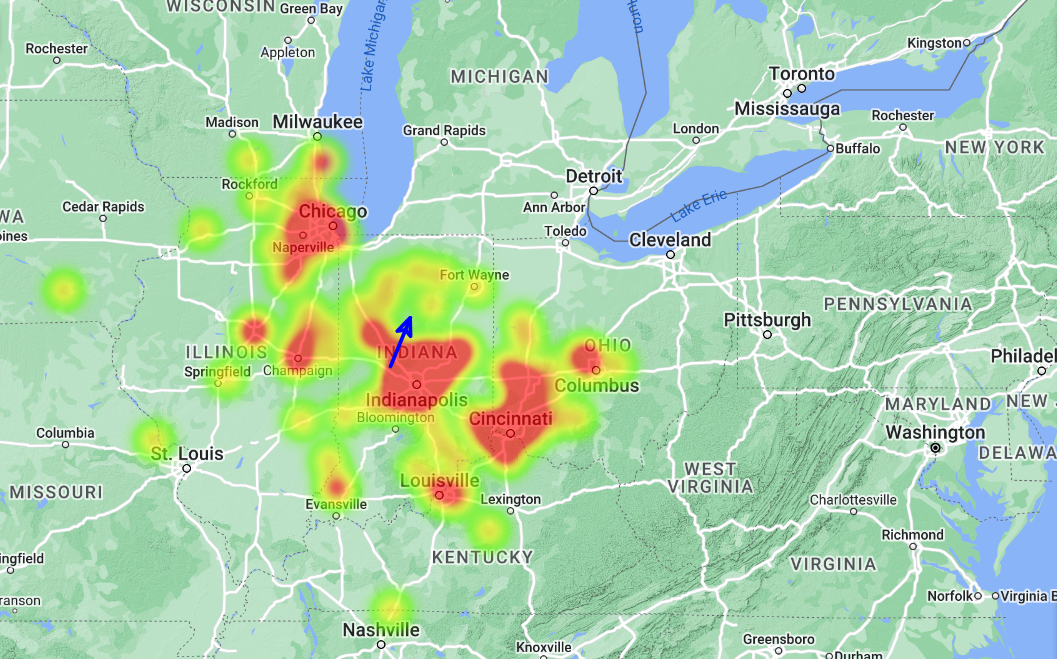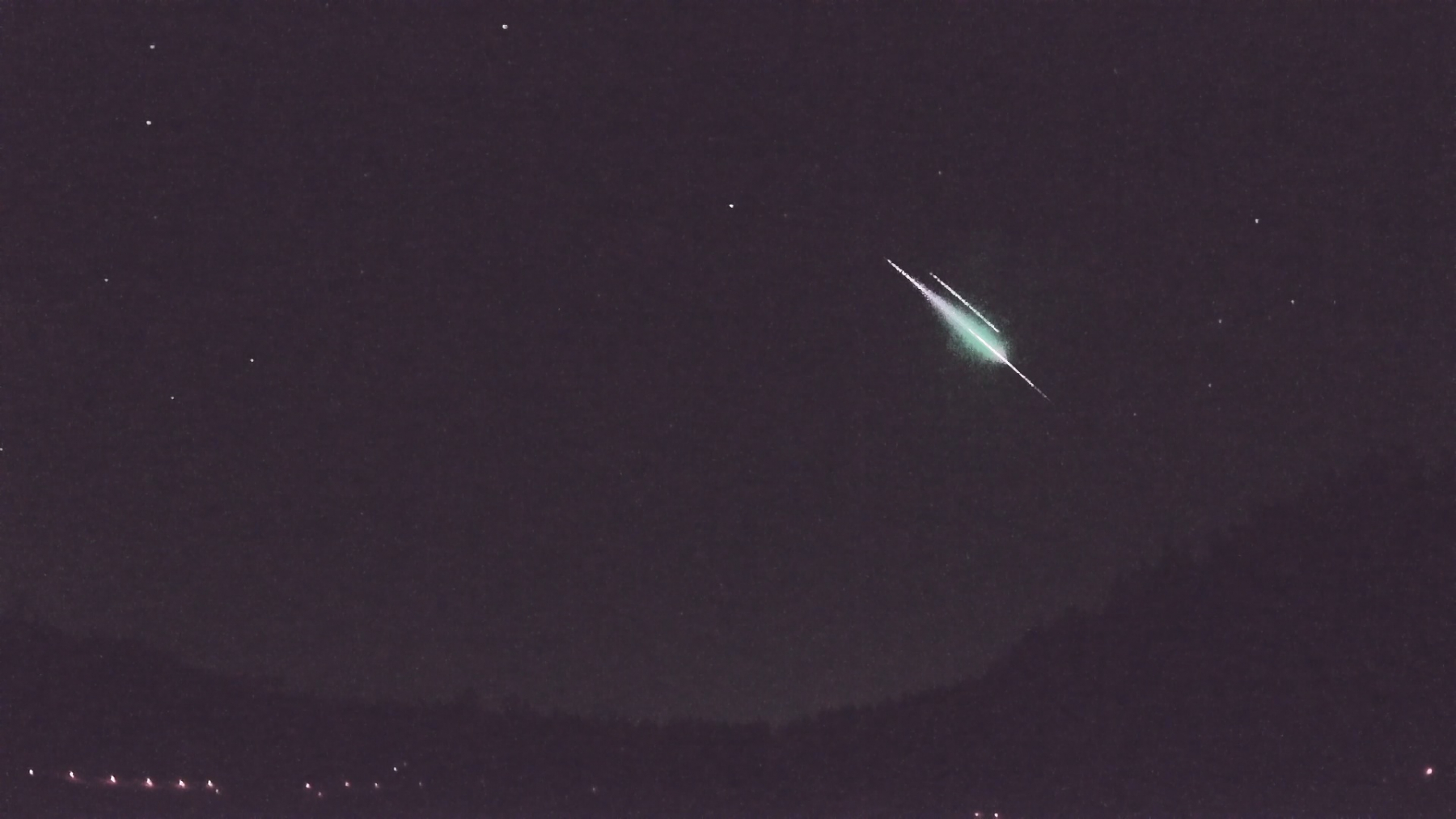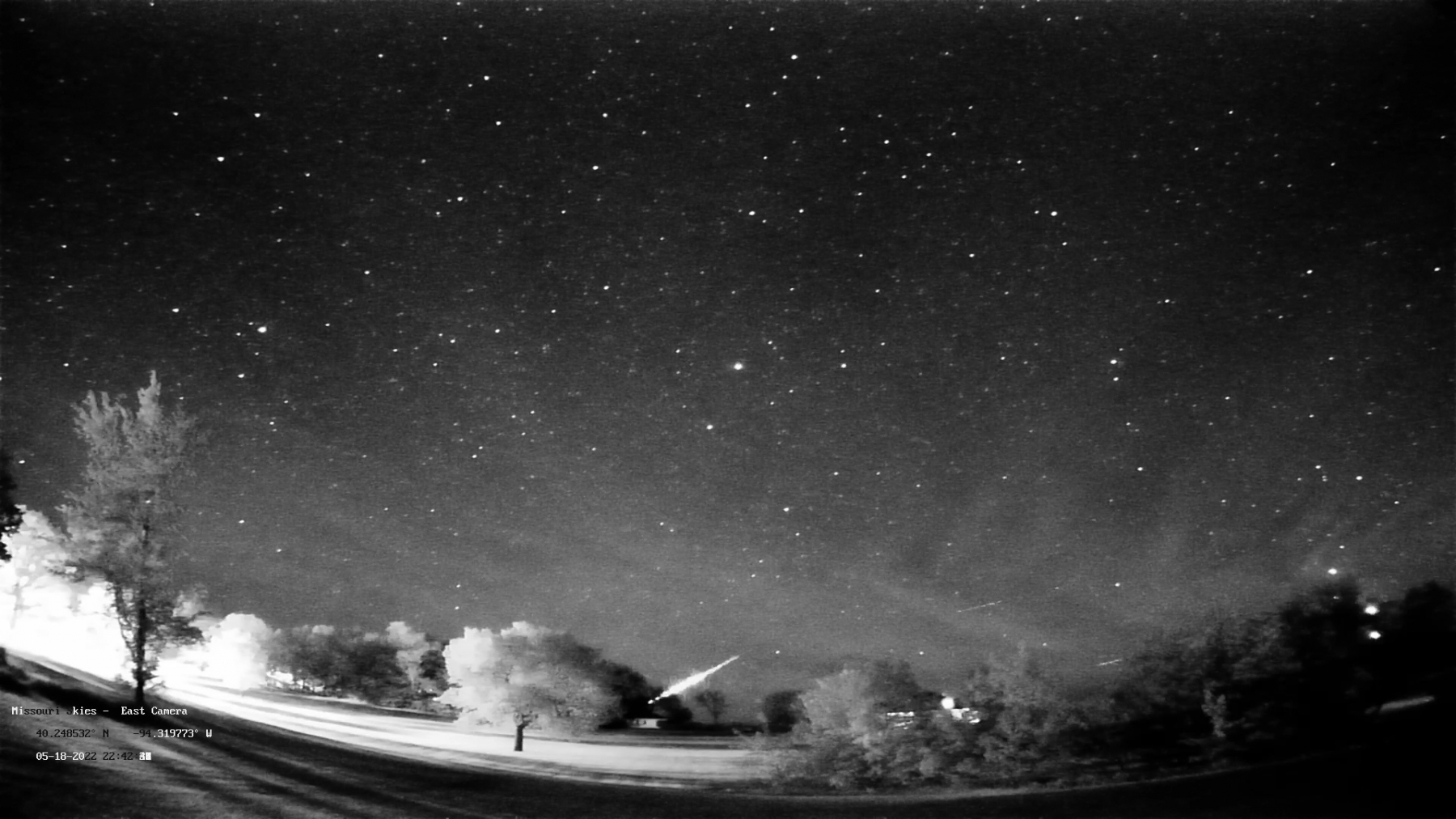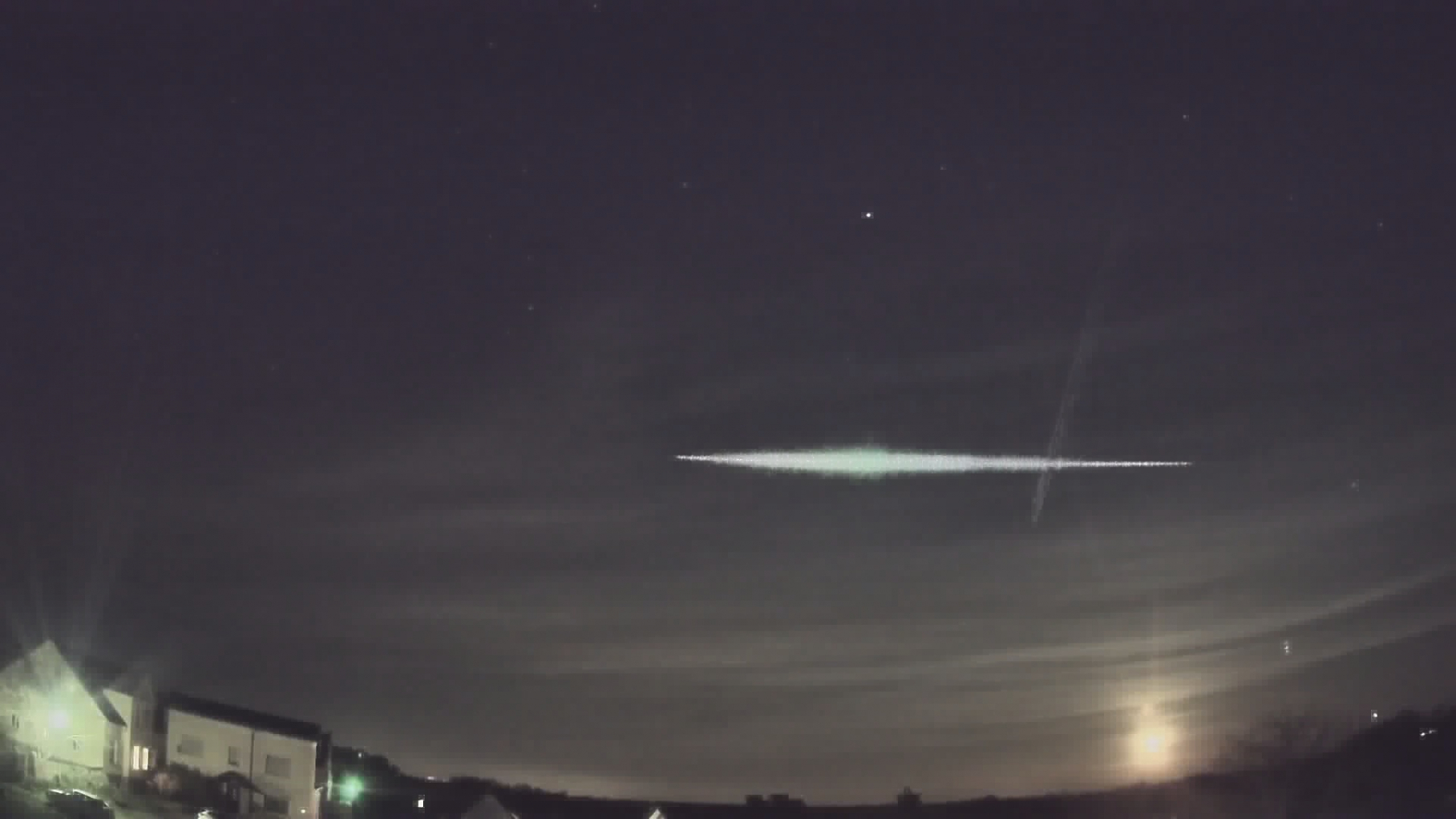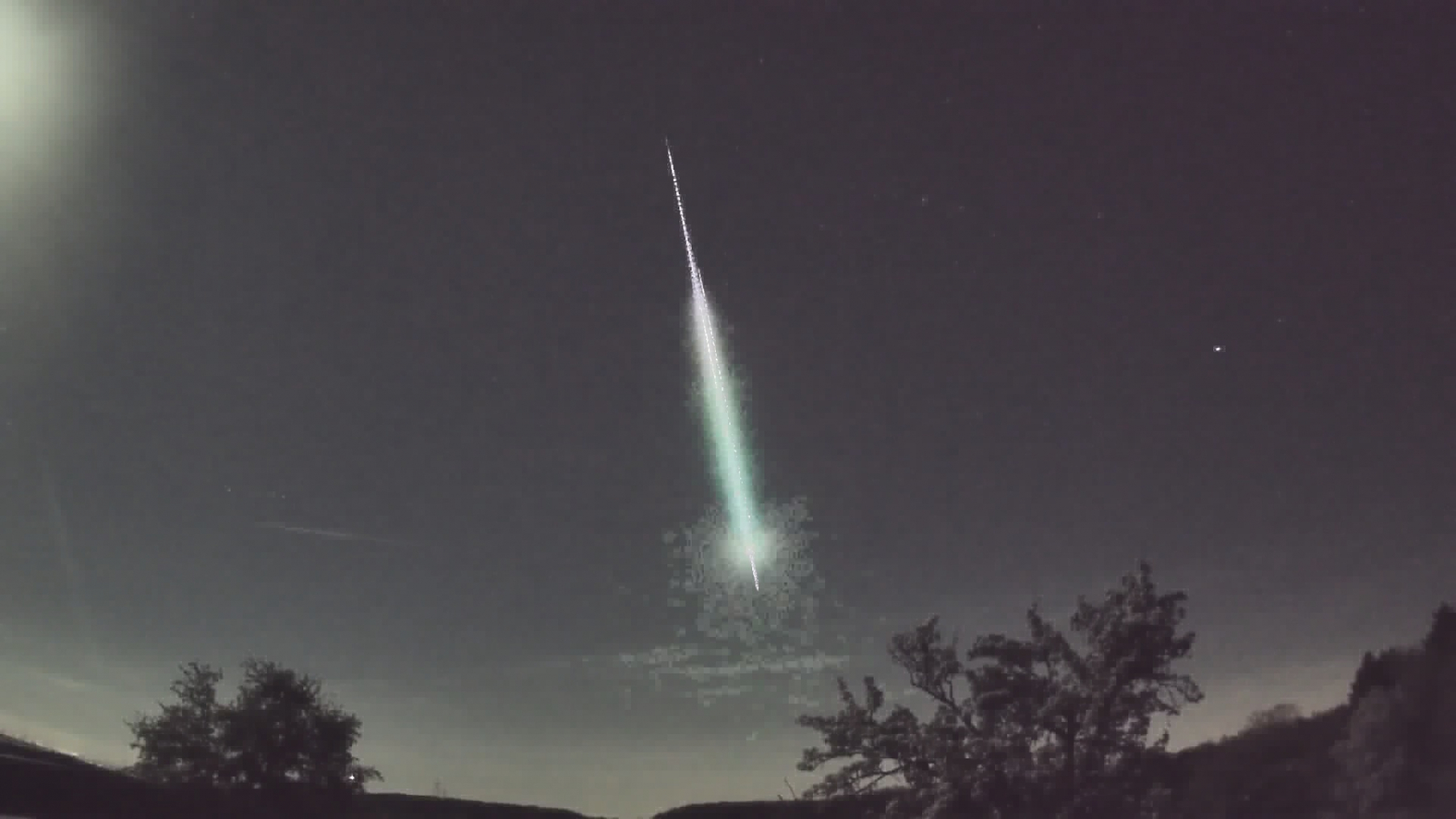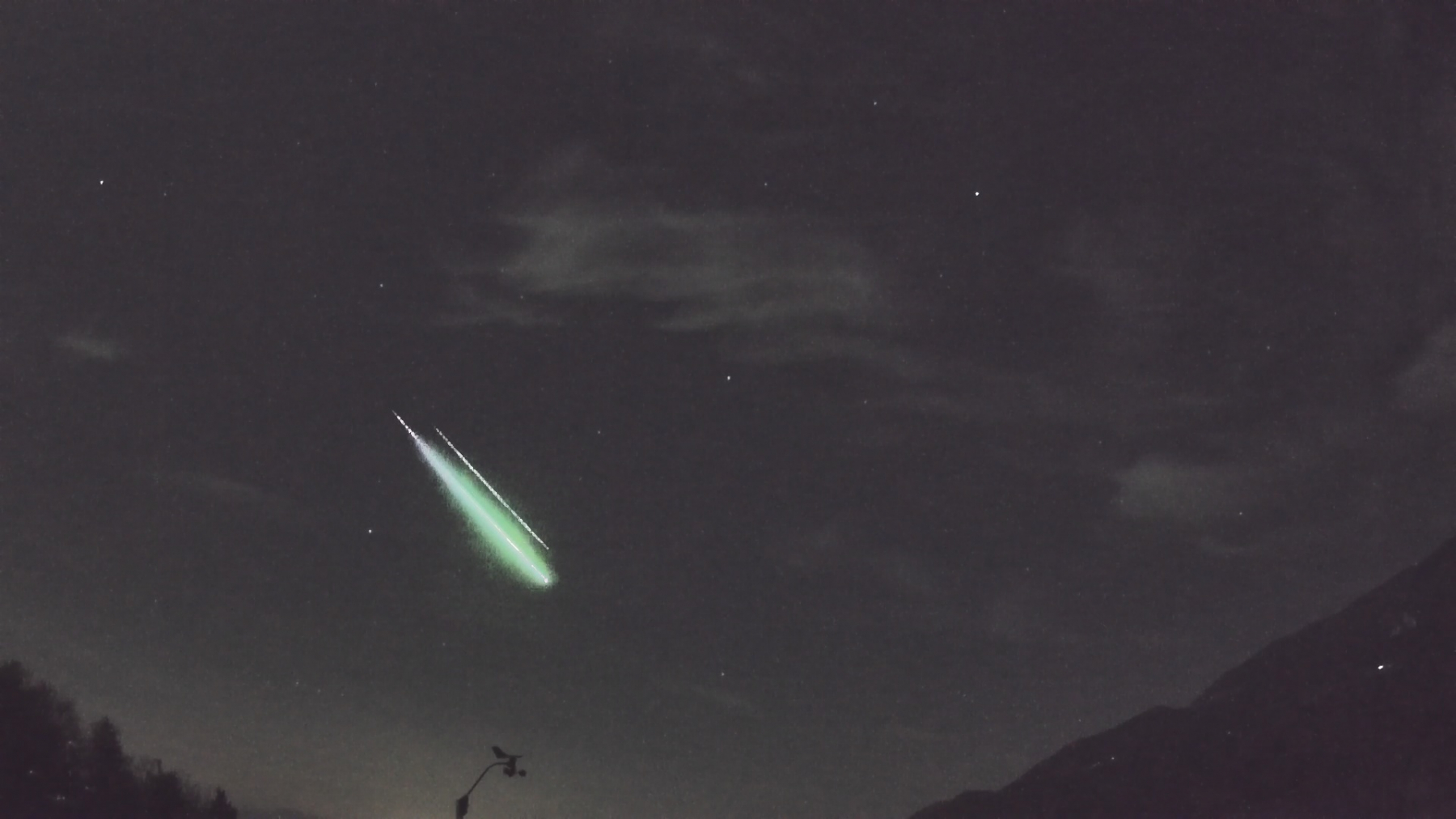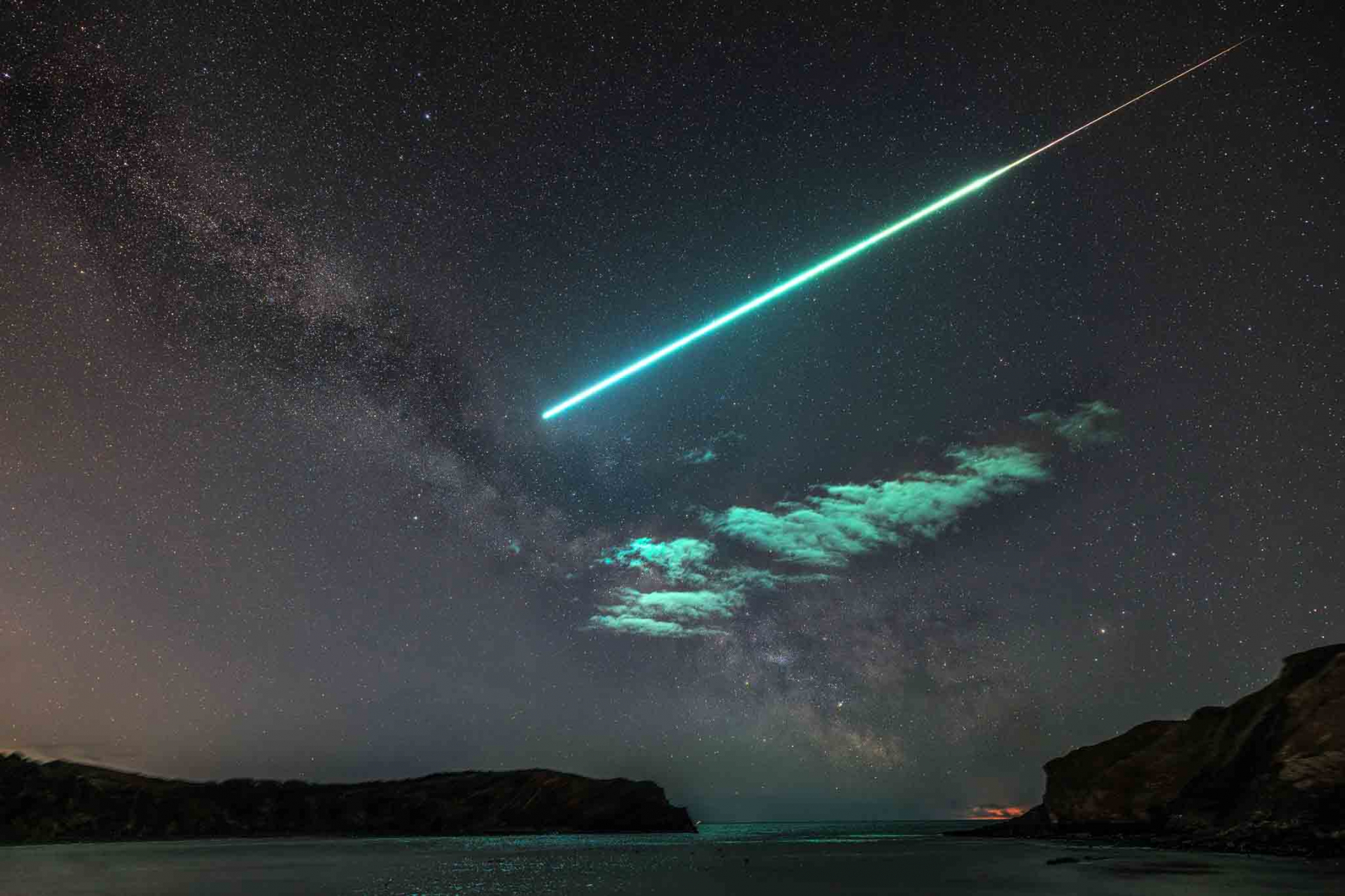
Meteor Activity Outlook for October 1-7, 2022
During this period, the moon reaches its first quarter phase on Monday October 2nd. At that time the moon will lie 90 degrees east of the sun and will be set between 22:00 and 23:00 local daylight saving time (LDST). As the week progresses the waxing gibbous moon will begin to seriously interfere with meteor observing as it approaches its full phase. This weekend, the morning hours will be free of interfering moonlight.
 American Meteor Society
American Meteor Society

